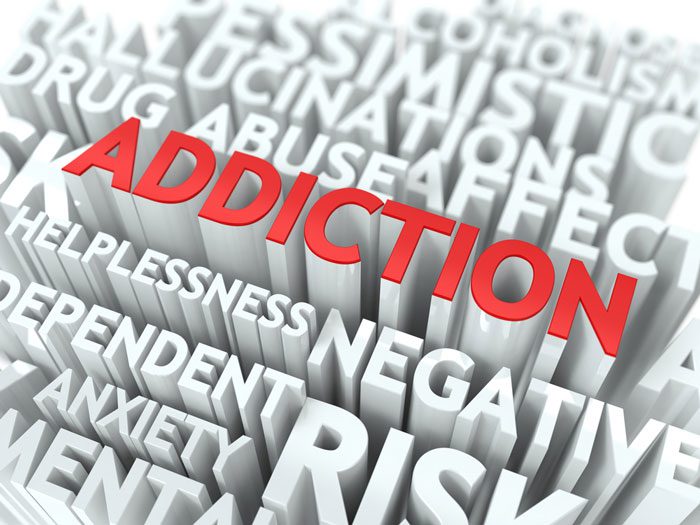 Although the two words are sometimes use interchangeably, addiction and dependence are not the same.
Although the two words are sometimes use interchangeably, addiction and dependence are not the same.
Let’s Define Dependence First
The word dependence is typically used when referring to a reliance on something. That something can be any number of things, such as a person, a system, an object, or a substance. Dependence can be psychological and/ or physical. In the context of addiction, the dependence is physical.
Physical dependence means that the body is reliant on a substance to function normally; if the substance is not ingested, the body will react by exhibiting withdrawal symptoms. Common substances that can cause physical dependence are alcohol, opiates, benzodiazepines, and amphetamines. Some substances, like opiates, can cause physical dependence after only a few uses while others may take longer to cause dependence. Typically, what happens is that a person will take the substance regularly enough that the body becomes accustomed to having it in the system and a tolerance is formed, meaning that the body requires more of the drug to have the same effect. Once a physical dependence is developed, if the substance is suddenly absent from the system it is unable to function normally, and withdrawal symptoms will occur. Withdrawal symptoms vary depending upon the substance. Here is some more information on alcohol withdrawal symptoms and heroin withdrawal symptoms.
Physical dependence does not necessarily mean the individual is addicted. For example, physical dependence can develop in a person who is taking antidepressants as prescribed by a doctor. Their body becomes dependent on the antidepressants to maintain mental equilibrium, and withdrawal symptoms can occur if the person does not follow their doctor’s instructions for tapering off the drug slowly. But antidepressants are not addictive.
Addiction Versus Dependence: What is the Difference?
Addiction is a disease and, as such, has diagnosable characteristics. An addiction includes intense and uncontrollable cravings, an inability to control how much or how often a substance is used, and continued use despite negative consequences. In the previous example of a person who has become physically dependent on antidepressants, that person will not experience cravings to keep using. Someone who is addicted to alcohol or drugs would experience strong cravings and find it almost impossible to quit using without professional intervention or some type of recovery support.
Seeking help from professionals and other people with experience in this area can be useful when trying to decide if one’s behaviors have led to addiction, dependence, or both.
If you or someone you love is struggling with substance abuse, Great Oaks Recovery Center can help.
Contact us anytime at (713) 769-0102.



